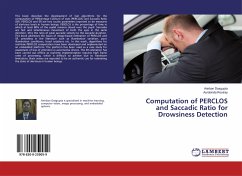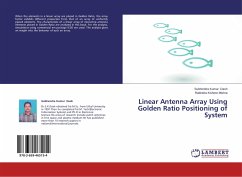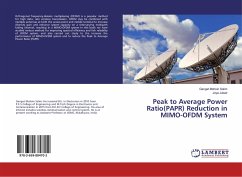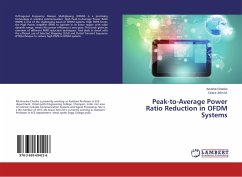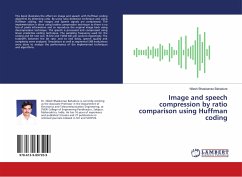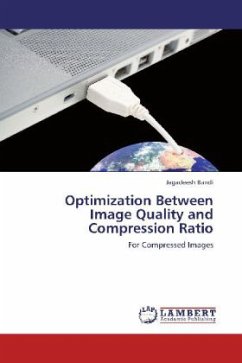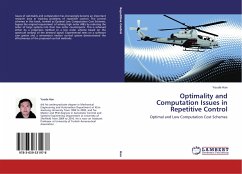This book describes the development of fast algorithms for the computation of PERcentage CLOSure of eyes (PERCLOS) and Saccadic Ratio (SR). PERCLOS and SR are two ocular parameters reported to be measures of alertness levels in human beings. PERCLOS is the percentage of time in which at least 80% of the eyelid remains closed over the pupil. Saccades are fast and simultaneous movement of both the eyes in the same direction. SR is the ratio of peak saccadic velocity to the saccadic duration. This book addresses the issues of image-based estimation of PERCLOS and SR, prevailing in the literature such as illumination variation, poor illumination conditions, head rotations etc. In this work, algorithms for real-time PERCLOS computation have been developed and implemented on an embedded platform. The platform has been used as a case study for assessment of loss of attention in automotive drivers. The SR estimation has been carried out offline as real-time implementation requires high frame rates of processing, which is difficult to achieve due to hardware limitations. Brain waves are reported to be an authentic cue for estimating the state of alertness in human beings.
Bitte wählen Sie Ihr Anliegen aus.
Rechnungen
Retourenschein anfordern
Bestellstatus
Storno

